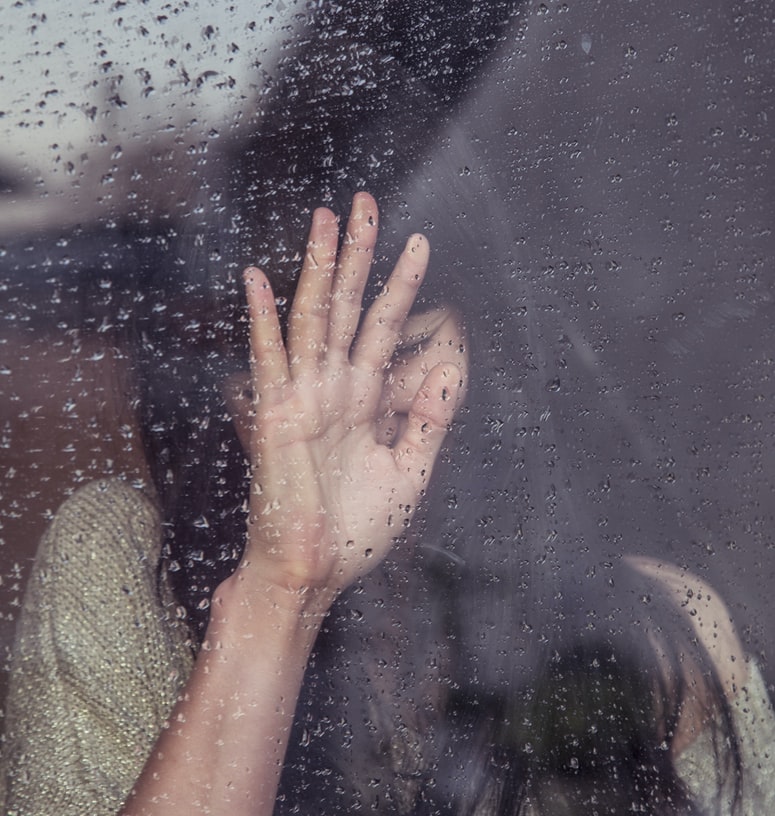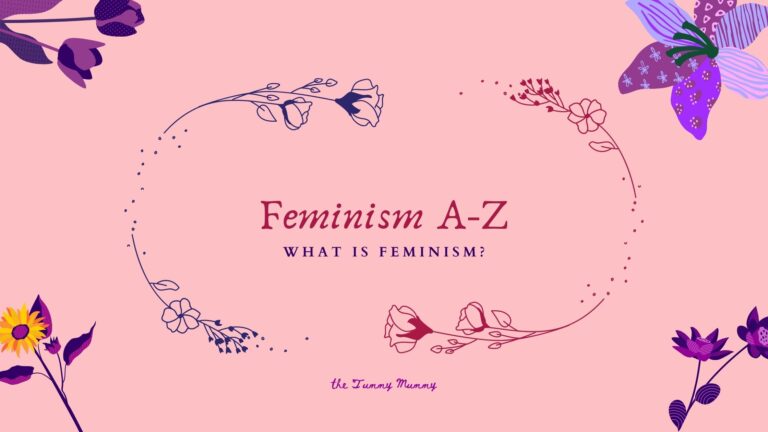Ta-da! If you are feeling blues because of mundane activities all through the day after delivery, remember that this is just a phase. It shall pass, and you are not walking alone.
While we hear a lot about postpartum depression these days, we still have a long way to go to understand antenatal or prenatal depression. Prenatal depression is a depression that a mother experiences during her pregnancy. Though the mood swings are typical due to pregnancy hormones, a few mothers might encounter it on a larger scale.
Pregnancy is a smooth and joyful experience for some mothers, while some struggle harder with physical and emotional changes. It is normal to experience a lot of emotional dramas and mood swings due to pregnancy hormones.
The estimate shows that one out of ten women experiences prenatal depression, while one out of four tests for anxiety or clinical depression during or after pregnancy. Though the statistics show that it’s common, most women who experience it do not seek help. One of the significant reasons is that they are not able to differentiate it from the usual mood swings during pregnancy.
Symptoms of antenatal depression
It is essential to understand that though feeling blue is normal during pregnancy, it must not affect everyday life. Depression during pregnancy causes anxiety, sorrows, and emotional ups and downs to affect the way of living.
- Eating disorders, including eating a lot or less.
- Sleeping less or a lot.
- Constant worries and anxiety.
- Thoughts about harming yourself or the child.
- Lack of self-esteem.
- Feeling of guilt.
- Getting angered easily.
- Wanting to isolate from family and friends.
- Constant fatigue
- Loss of interest in things that you loved doing earlier
- Feeling detached emotionally or teary most of the time.
- Extreme mood swings.
You might not experience all of the symptoms if you are struggling with depression. Also, some of the symptoms are common for a normal pregnancy because of the hormones.

Causes:
Though pregnancy hormones are the primary cause of depression during pregnancy, it can also be due to various other reasons:
- Previous history of depression
- Poor living conditions during pregnancy
- Difficulty in childbirth experiences
- Societal pressure to have the perfect pregnancy.
Whatever might be the cause, it is essential to open up and seek help if you are struggling with depression. Avoiding the treatment could cause significant damages to you and your child’s development. If spotted earlier, treating the depression can facilitate a better and beautiful journey of pregnancy.
What can you do if you experience ‘pregnancy blues’?
Self-care is the best method to cope with mood swings during pregnancy. Some of the self-help methods include:
- Trying to avoid people who induce stress on your minds.
- Using techniques like yoga, exercise, meditation to increase your positive energy.
- Getting dressed up and taking shorter walks outside.
- Seeking help from family and friends.
- Discussing your problems with your GP or midwife.
- Avoiding smoking and drinking during pregnancy, including caffeine.
- Finding and connecting with a mom squad in your neighbourhood or your social groups.

The treatment could involve medications, counselling, and therapies. Do not feel embarrassed to open up about your struggles to your doctor or midwife. It is wise to seek medical help as depression is not something that goes off by changing your attitude. It is a severe illness and requires medical intervention.
Sometimes, society dictates that pregnancy is all about happiness and expects mothers to be perfect. So, when a mother seeks help, she often hears ‘it is normal, it is just the hormones’ or ‘you are pregnant, not patient.’ So, it is essential to remind ourselves that the first 1000 days of becoming a parent is not easy. The journey is life-changing, yes, but it is equally laborious too.
If you are pregnant facing severe emotional ups and downs often, then please seek medical help soon. Share us in the comments and, let’s find the village to support us online.
See you in my next post. Until then, stay healthy, hydrated, and happy. Bye-bye and boop.




